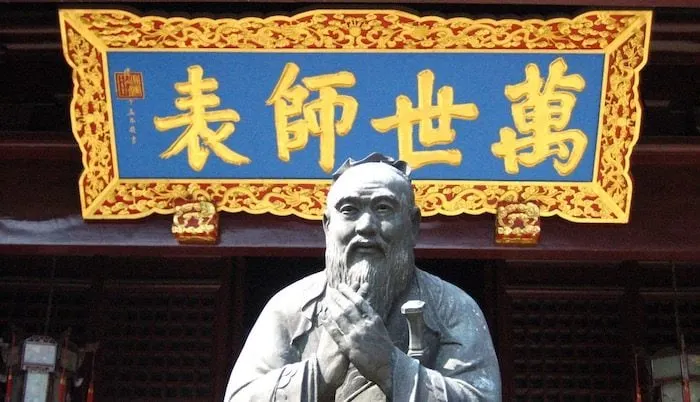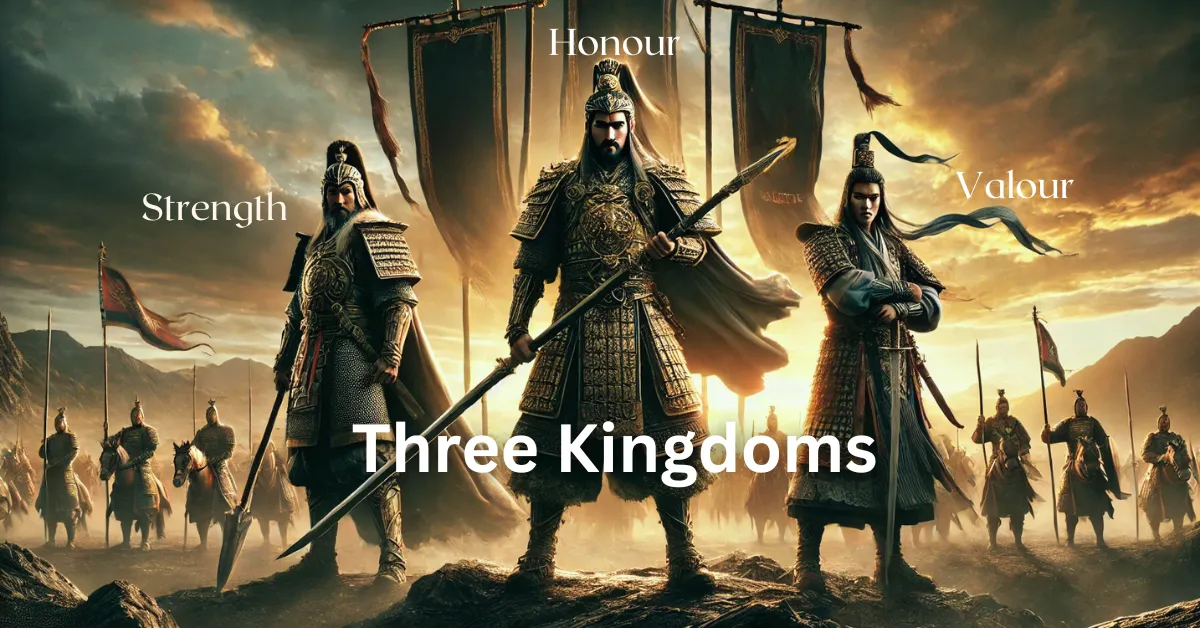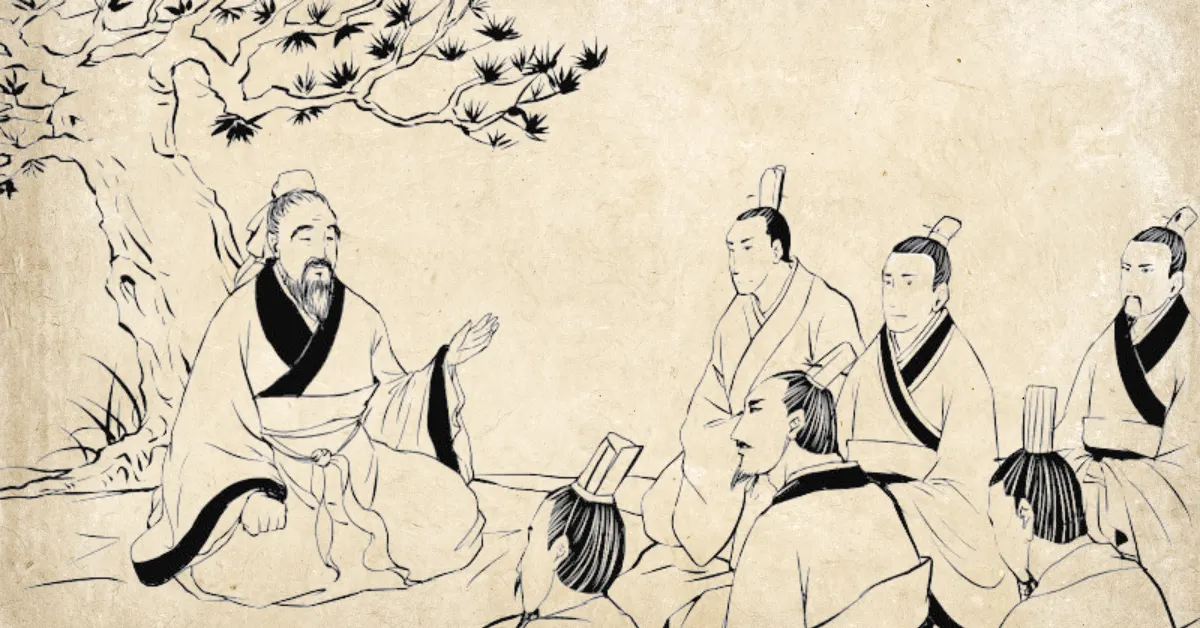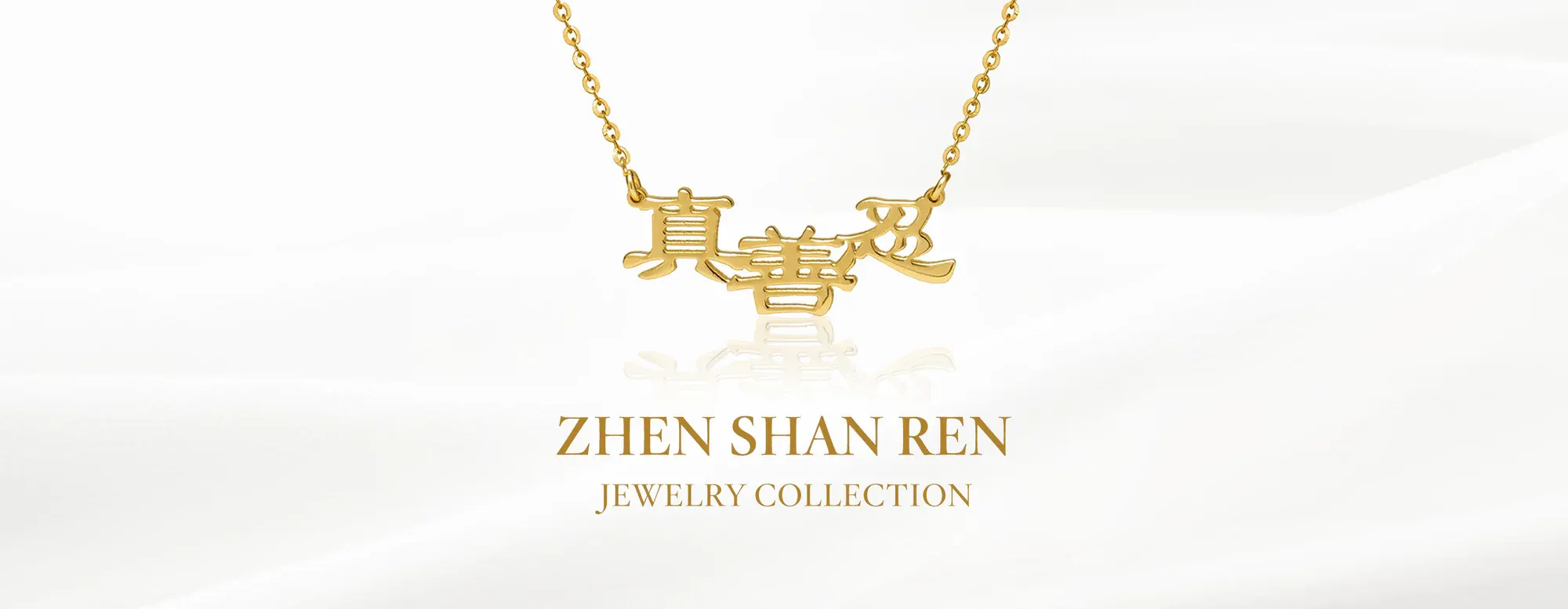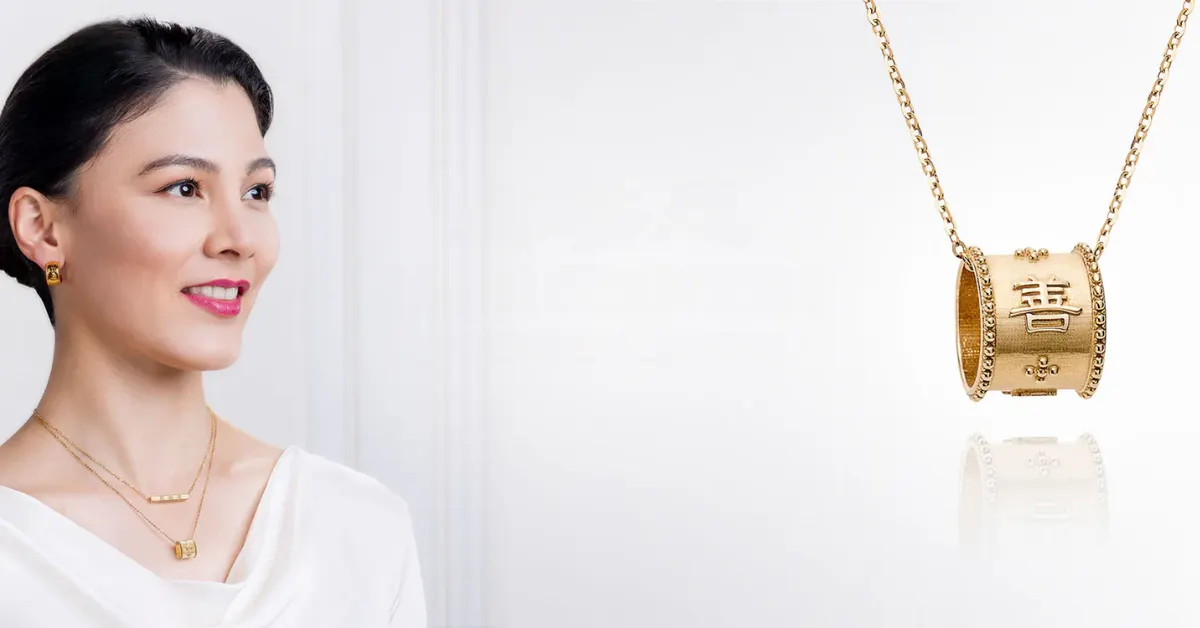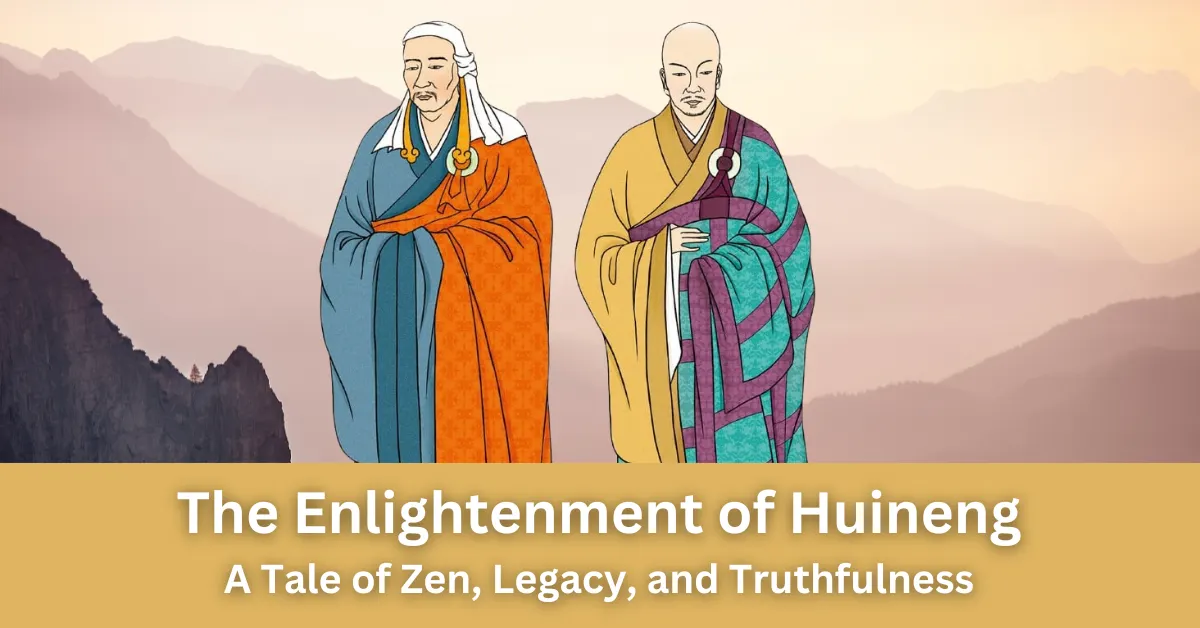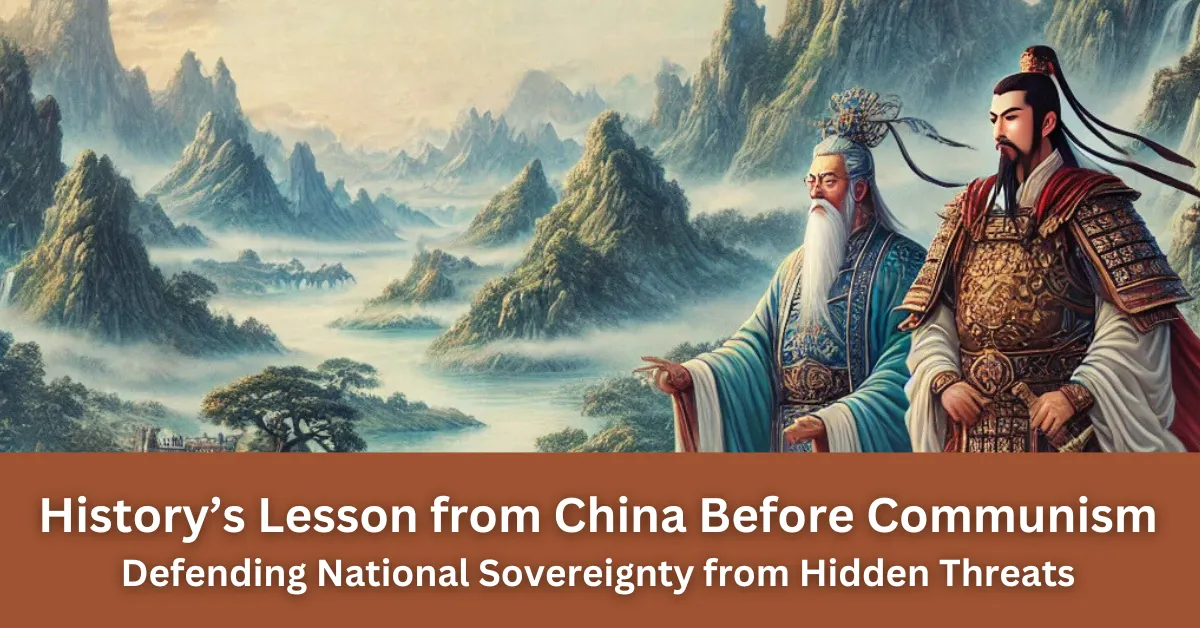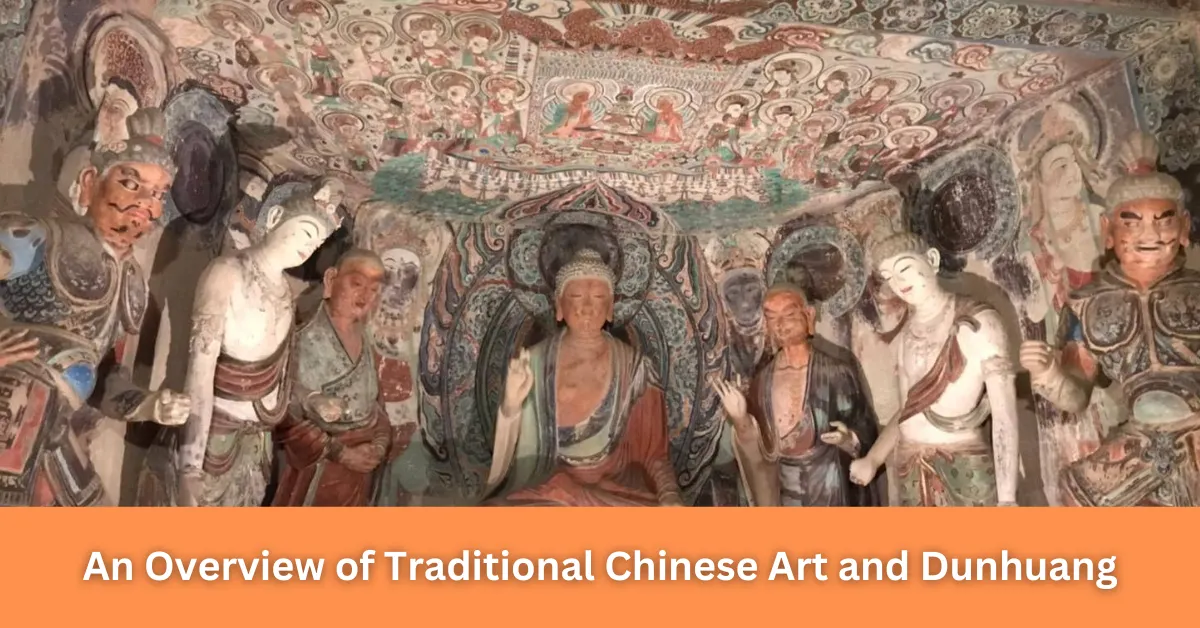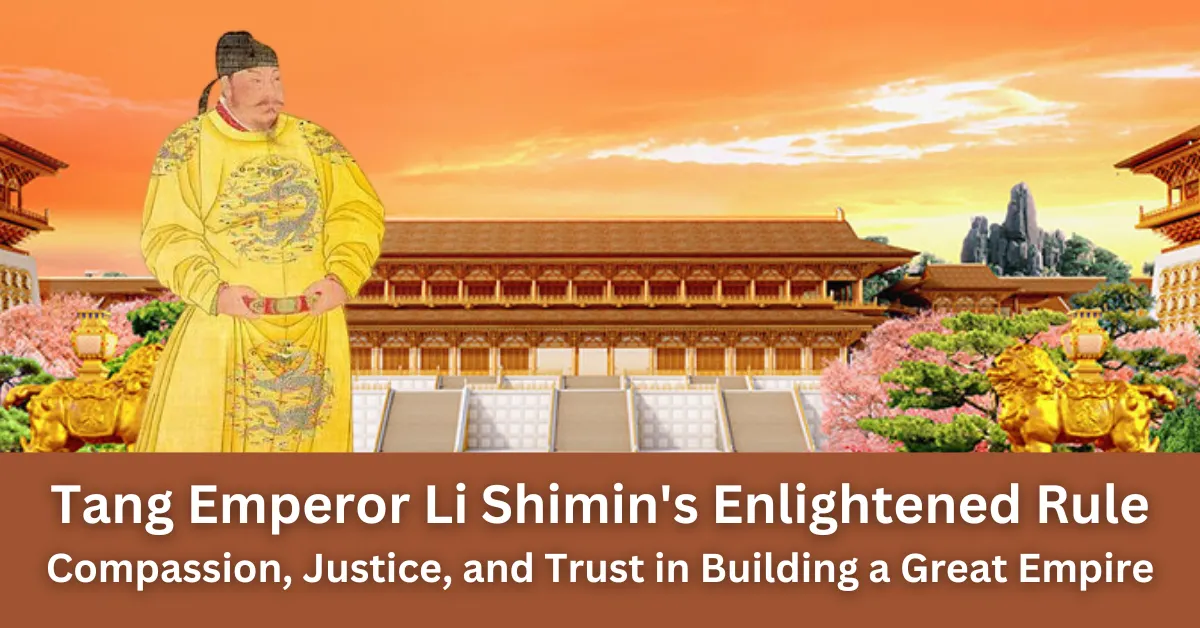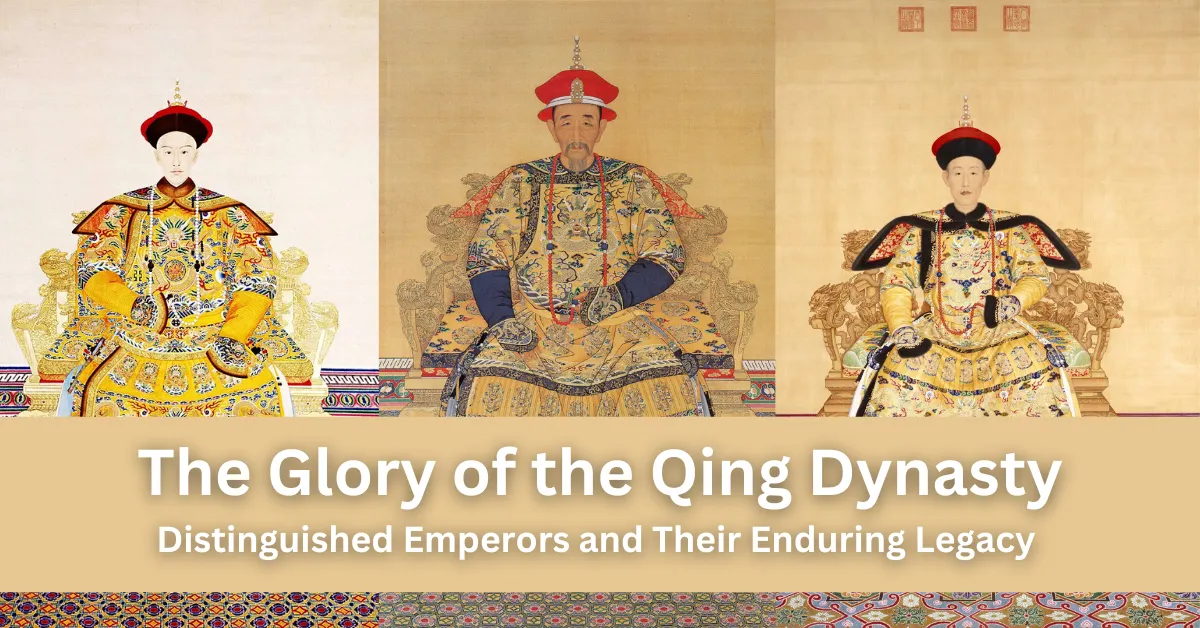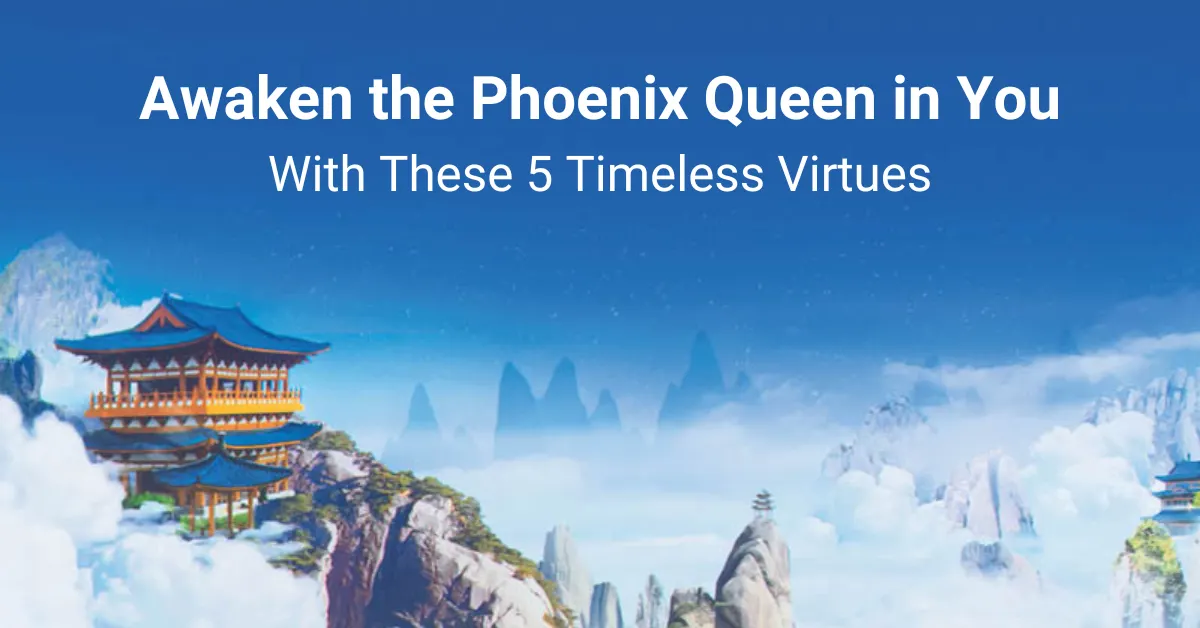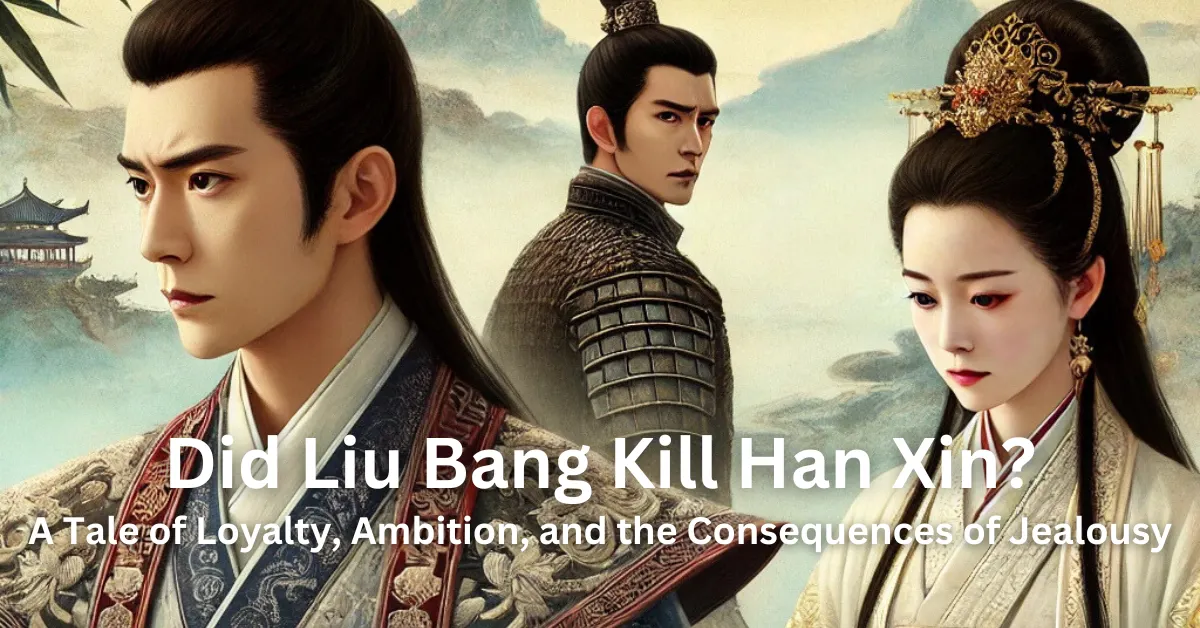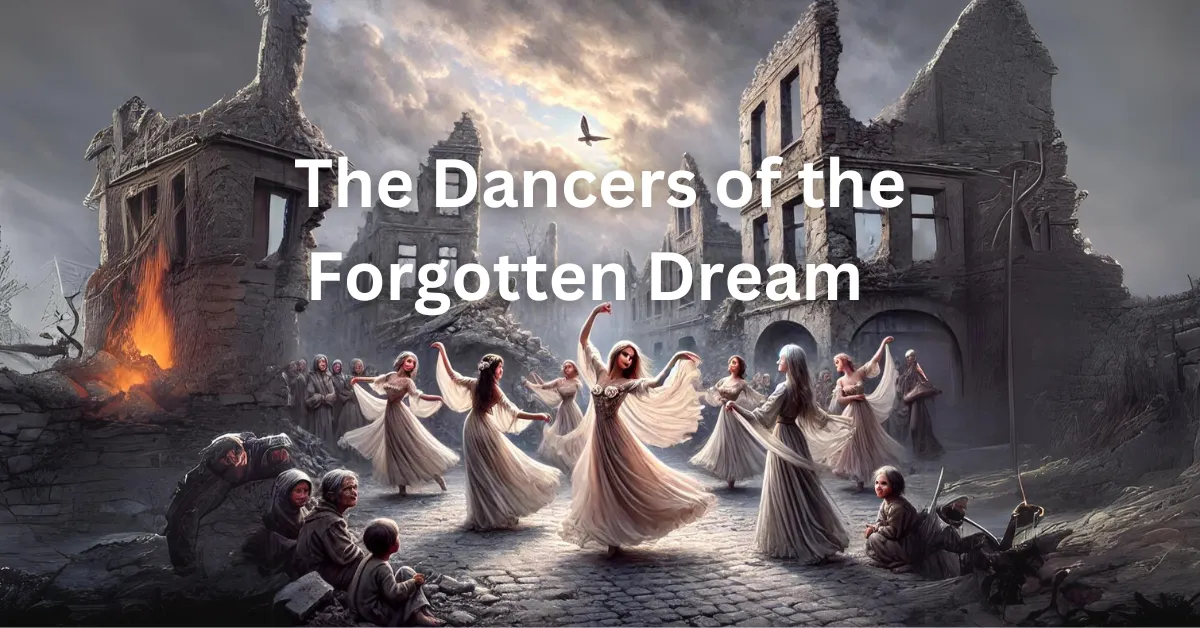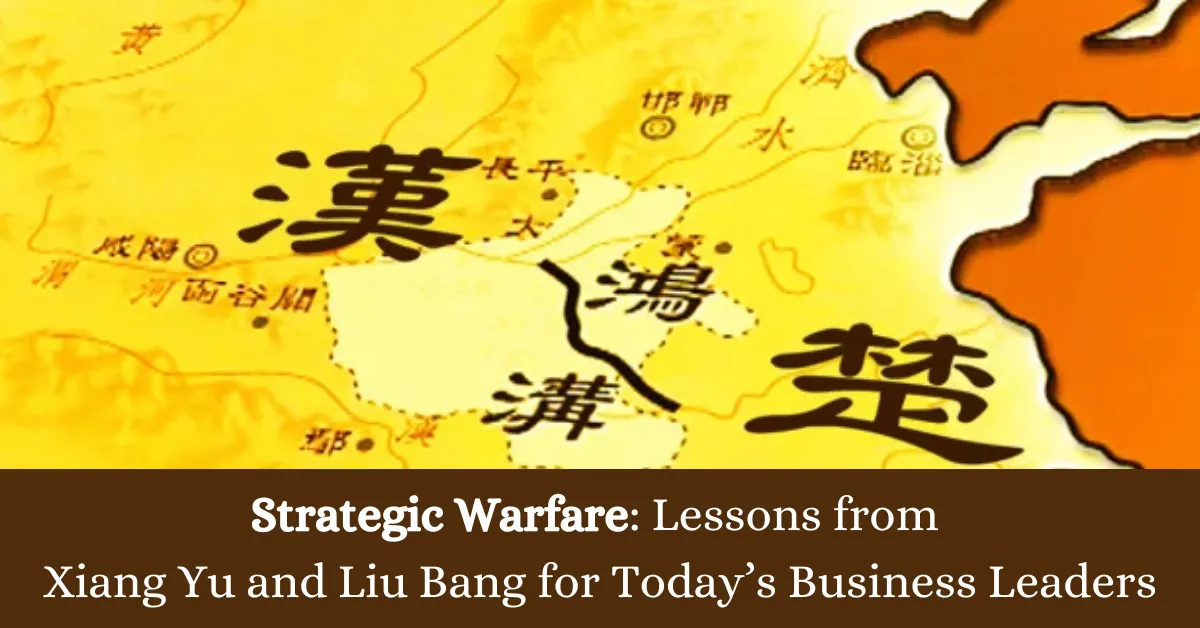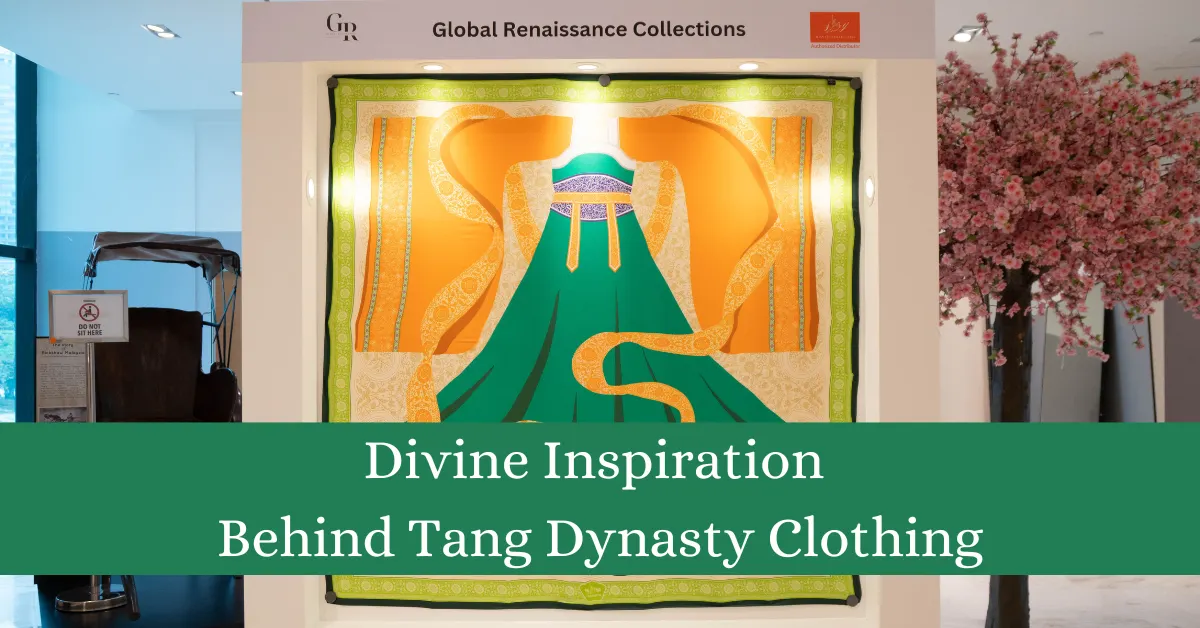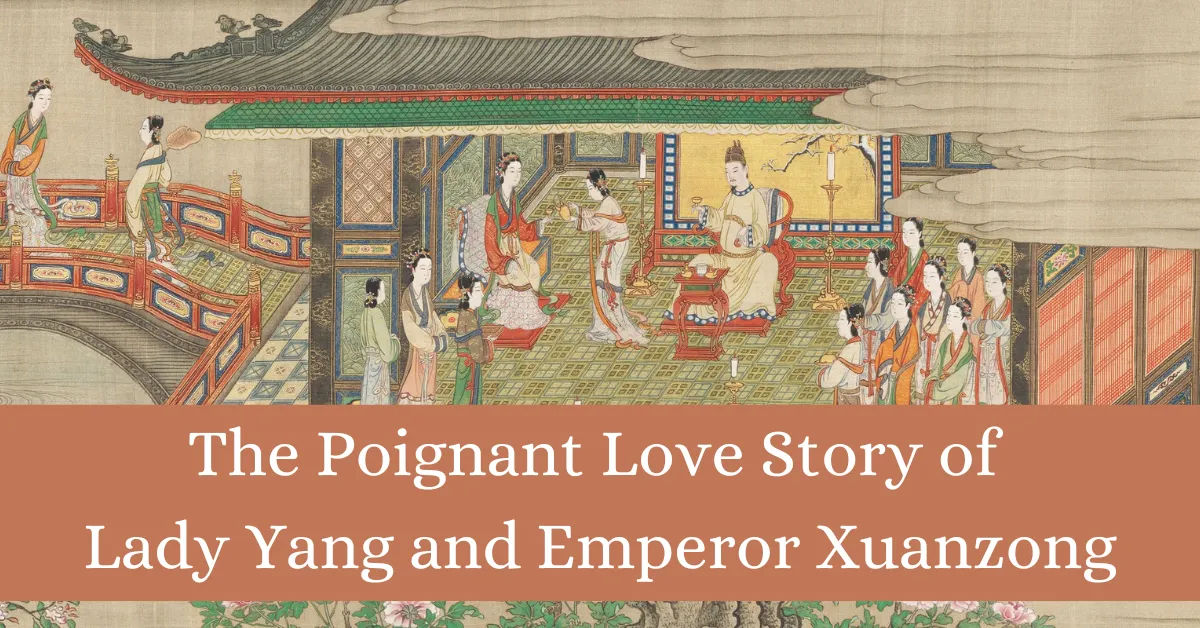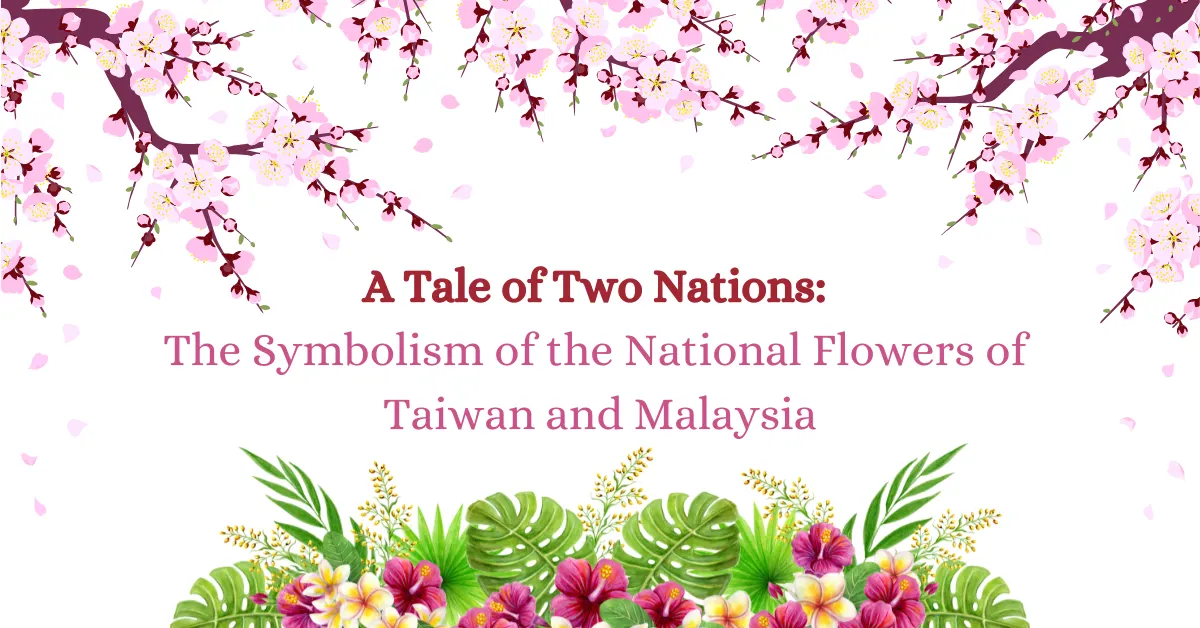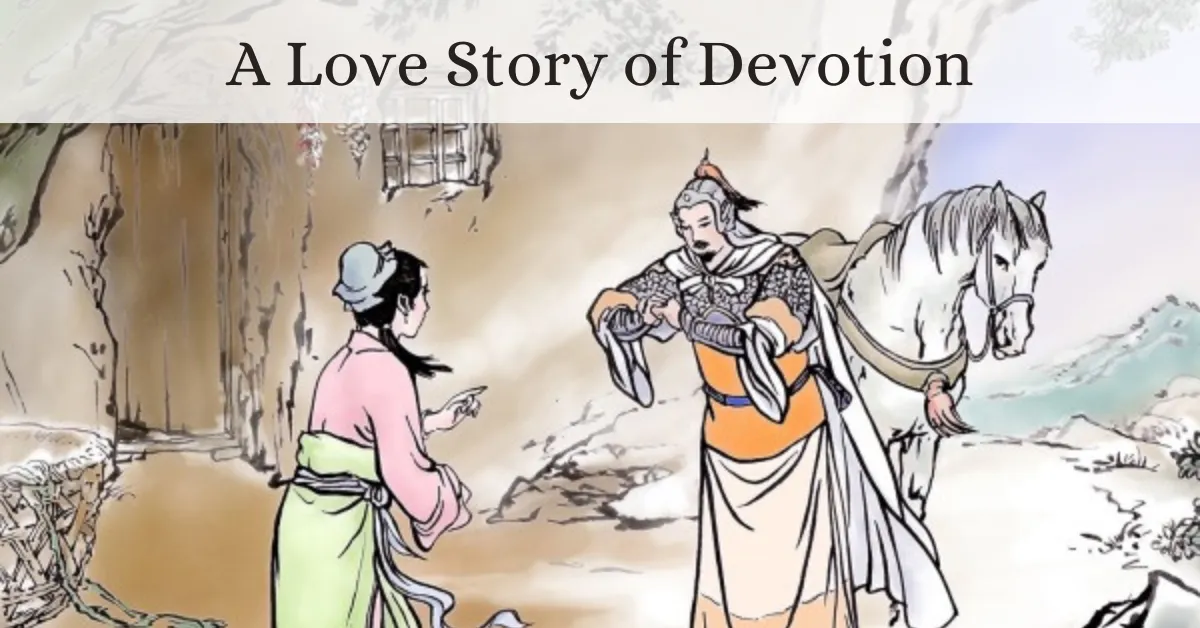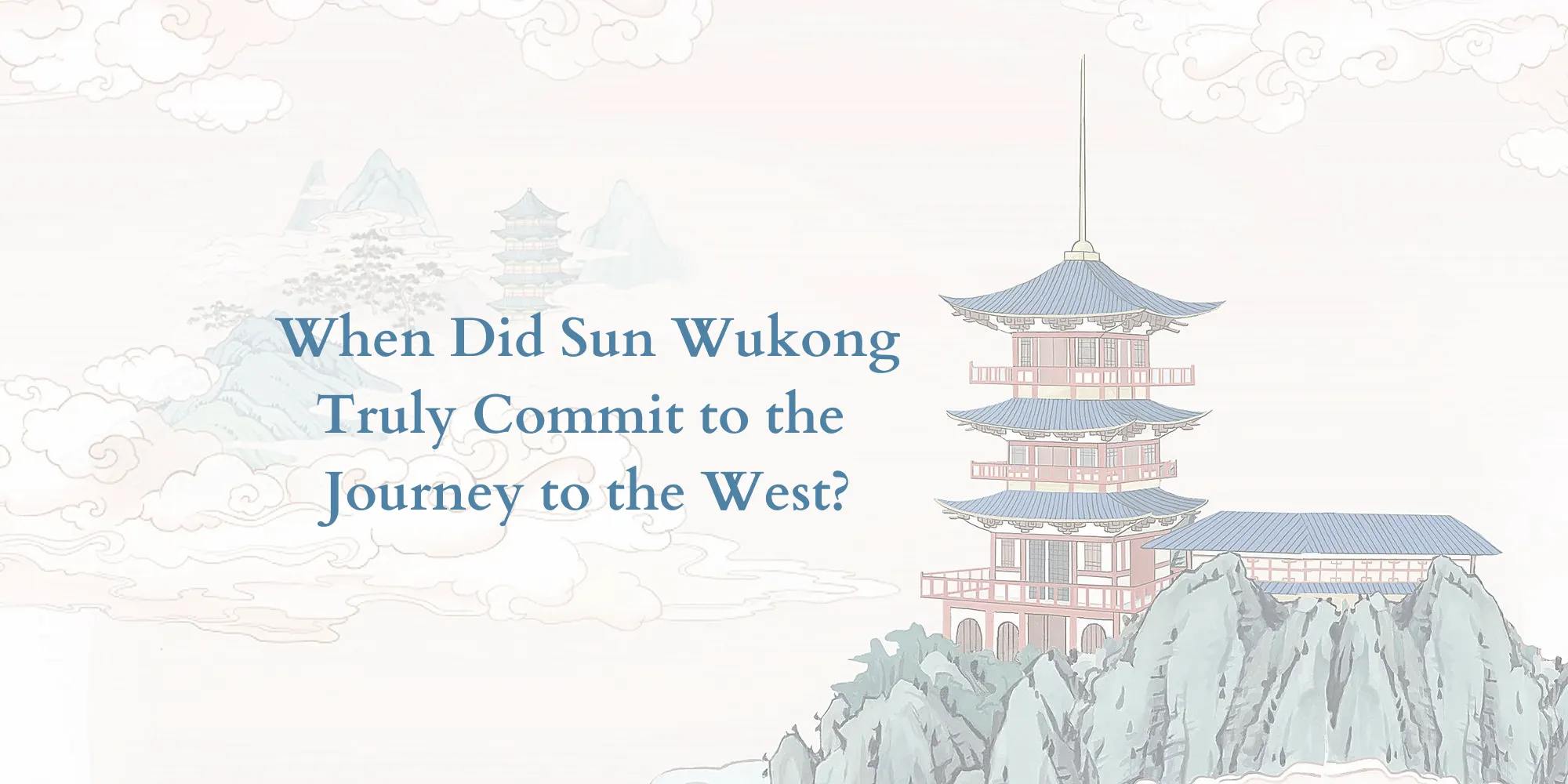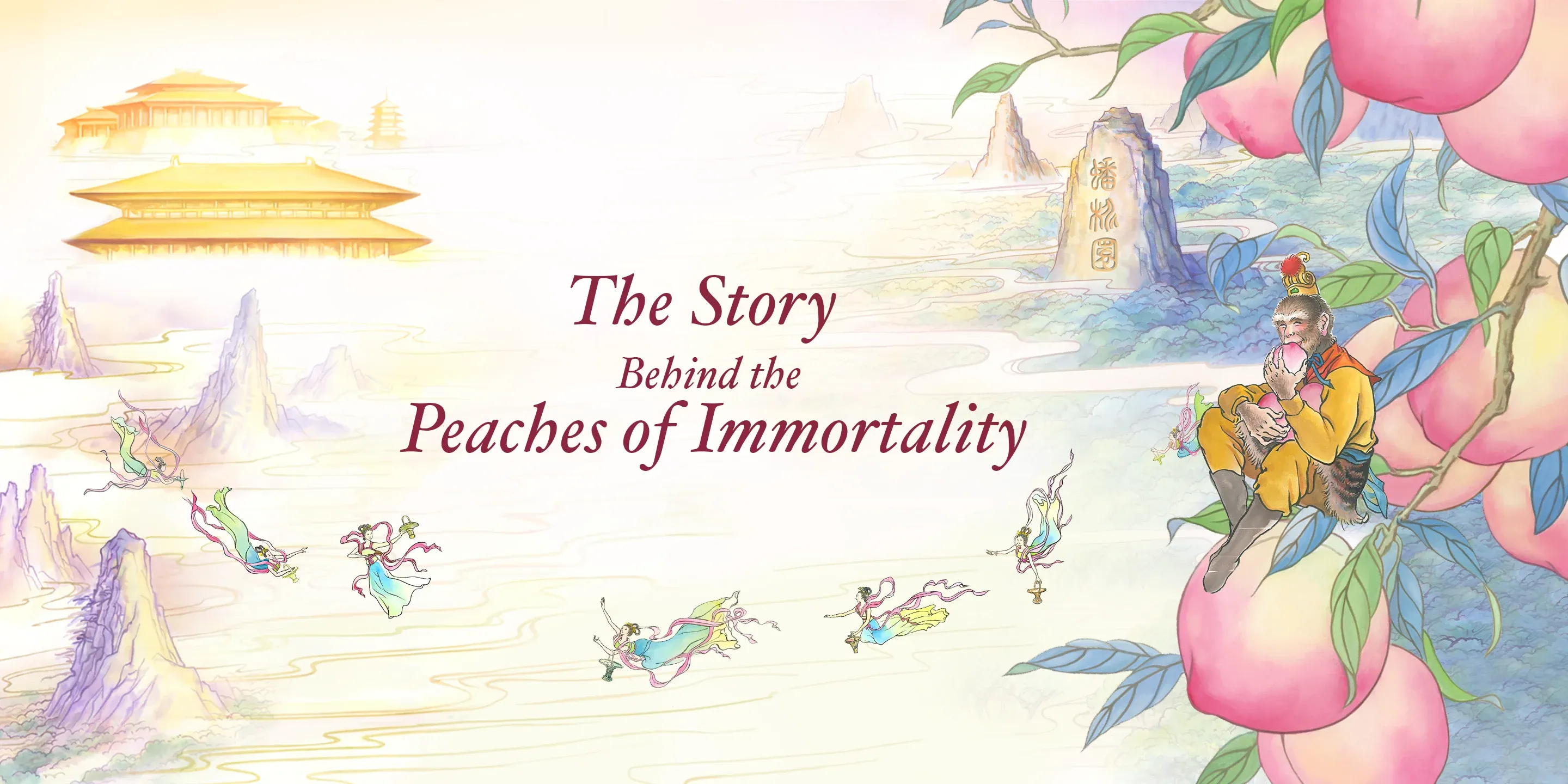Letting Go of Resentment: A Journey to Heal, Reflect, and Rekindle Love
Letting Go of Resentment: A Journey to Heal, Reflect, and Rekindle Love

Relationships are filled with both joyous and challenging moments. But when resentment takes root, it can overshadow the love that once thrived. Inspired by themes of love, regret, and forgiveness, as seen in the film Ticket to Paradise, this article explores the path to letting go of resentment, embracing self-reflection, and rebuilding bridges between partners.
In the movie, we see a woman who, burdened by anger toward her ex-husband, inadvertently impacts her family and relationship dynamics. Her journey of reflection and self-awareness reminds us that overcoming resentment often means turning inward, addressing our role in conflicts, and choosing love over hate.
Here’s a guide on how to overcome resentment in relationships, how self-reflection can illuminate the path forward, and how letting go can rekindle love.
1. Understanding the Roots of Resentment: Letting Go of the Blame Game
Resentment in relationships often stems from unresolved anger and feelings of disappointment. Over time, these feelings can accumulate, creating a wall between partners. But when we shift from blaming others to exploring our own role, we start a healing journey.
In the film, the main character blames her ex-husband, projecting her own pain and regrets onto him. This ultimately makes her feel trapped in a cycle of negativity, and her loved ones feel they’re mistakes. Resentment, when left unaddressed, creates bitterness and makes us see those we love in a distorted way.
To begin healing, start by acknowledging where resentment comes from. Is it unmet expectations? Hurt feelings that haven’t healed? By examining these questions with an open heart, you start to let go of pent-up hatred and pave the way for forgiveness.
2. The Art of Self-Reflection: Looking Within for Clarity and Growth
Self-reflection is a powerful tool for overcoming resentment and embracing compassion. In Ticket to Paradise, the woman’s journey of looking within leads her to realize that her anger isn’t about her ex-husband but her own lack of understanding. This awareness lifts a burden and allows her to view her ex-husband, and herself, with compassion.
Engage in self-reflection by setting aside time to think deeply about your role in past conflicts. Consider what actions or thoughts may have contributed to the challenges in your relationship. Are there personal insecurities or unresolved past issues fueling your resentment? Journaling, meditating, or even talking with a therapist can help you gain clarity.
When we shift from judging others to examining ourselves, we cultivate empathy, which is essential for healing. Through reflection, we gain insight into our pain and our partner’s, opening the door for forgiveness and new possibilities.
3. Opening Up: The Power of Honest Conversations
In the movie, the character’s emotional outburst reveals to her ex-husband that her anger isn’t truly directed at him but at herself. This moment of vulnerability creates a turning point in their relationship, allowing both of them to see each other in a new light.
Honest communication is key to letting go of resentment. Share your thoughts and feelings openly with your partner—not to blame, but to express what’s been weighing on your heart. When we express ourselves honestly and openly, we allow our partner to understand our pain, and this creates a foundation for empathy.
If you're worried about how to start this conversation, here are some steps:
- Choose the Right Moment: Find a time when both of you are calm and able to focus.
- Express Without Blaming: Use “I” statements, like “I feel hurt when…” instead of “You always…”
- Listen with an Open Heart: Let your partner respond without interrupting, and try to see things from their perspective.
Opening up creates the possibility for growth, understanding, and a deeper bond with your partner.
4. Cultivating Compassion and Forgiveness: Letting Love Overcome Anger
Forgiveness is not about excusing wrongdoings; it’s about freeing yourself from the grip of anger and resentment. In Ticket to Paradise, the ex-husband realizes that forgiveness is possible when he sees his ex-wife’s vulnerability and pain. This moment allows him to let go of his own resentment and approach her with a compassionate heart.
To cultivate forgiveness, start by acknowledging that both of you have made mistakes. Compassion allows you to see your partner’s humanity and imperfections, as well as your own. Forgiveness doesn’t mean forgetting but accepting that you both did the best you could at the time.
Consider these practices for building compassion and forgiveness:
- Practice Empathy: Try to see things from your partner’s point of view. Ask yourself, “What might they be feeling?”
- Acknowledge Each Other’s Pain: Recognize that both of you are likely carrying wounds.
- Release Expectations: Let go of unrealistic expectations about how your partner should act or feel.
- Celebrate the Positive: Focus on the strengths and beautiful moments in your relationship.
Letting love overcome anger is a choice that requires daily commitment, but with patience and compassion, resentment fades, making way for a stronger and more resilient bond.
5. Embracing a Fresh Start: Rediscovering Love and Joy
Letting go of resentment doesn’t mean you forget the past, but it does mean choosing to live in the present. In the movie, as the characters work through their issues, they begin to rekindle the love they once shared. This fresh start allows them to focus on what truly matters—their connection and family.
To rediscover love, try focusing on small acts of kindness, appreciation, and gratitude. Plan time together, whether through a romantic evening or a simple walk, to reconnect and celebrate each other. By leaving behind resentment, you create space for new experiences, joy, and deeper love.
Here are some tips to embrace a fresh start in your relationship:
- Plan Quality Time Together: Create moments to laugh, have fun, and enjoy each other’s company.
- Express Appreciation: Acknowledge your partner’s efforts and qualities you admire.
- Celebrate Milestones: Reflect on your journey together and celebrate the growth you’ve experienced as a couple.
- Focus on Growth, Not Perfection: Every relationship has its flaws, but learning and growing together makes it stronger.
Starting fresh doesn’t mean pretending the past never happened—it means choosing love and trust every day. When both partners are committed to growth and forgiveness, they can overcome any challenge together.
6. Final Thoughts: Love Transcends Anger and Resentment
Love and resentment cannot coexist forever. Eventually, one will overpower the other. As seen in Ticket to Paradise, love ultimately transcends the resentment between the main characters, allowing them to remember what brought them together in the first place.
Letting go of resentment is a transformative journey that requires courage, reflection, and a willingness to forgive. By acknowledging your own role, practicing self-reflection, and embracing compassion, you can release the anger and rediscover love. Forgiveness is not about erasing the past, but about choosing to build a future together with empathy, understanding, and love.












